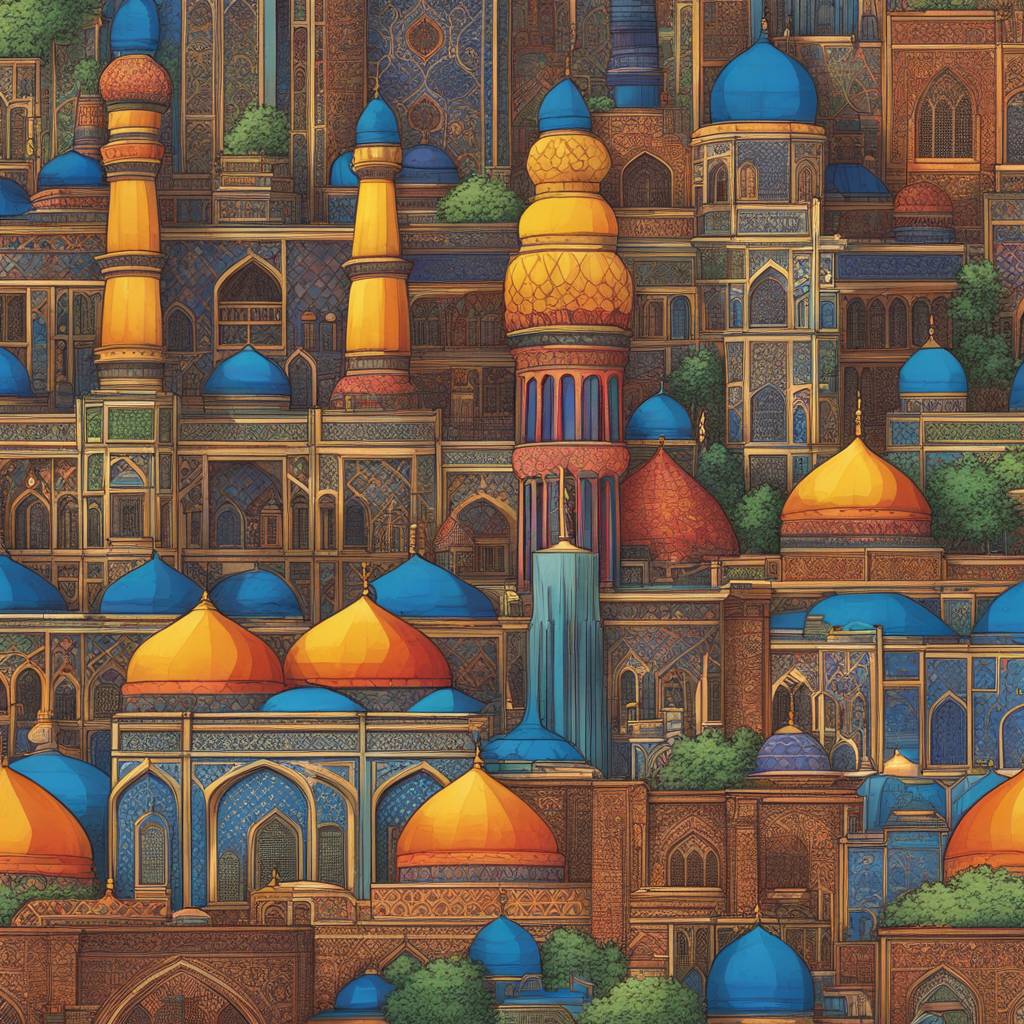New York City has seen a recent surge in migrants arriving in the city, with over 185,000 newcomers since 2022. Many of these migrants are from African countries and are seeking asylum in the United States. Mosques in the city, such as those in Harlem and the Bronx, have become key destinations for these migrants upon their arrival. However, the influx is overwhelming the capacity of Islamic institutions in the city, especially during the holy month of Ramadan.
During Ramadan, mosques in New York City have opened their doors to migrants during the day, providing a place for them to rest and recover. Many of these individuals have spent restless nights sleeping on the streets or in the subway. Muslim leaders have been appealing for donations of money, food, clothing, and other supplies to support the growing number of migrants in need. The challenge of meeting the needs of the city’s migrant population, especially during Ramadan, has become more pronounced in recent days.
Imam Omar Niass in the Bronx has turned his mosque into a makeshift overnight shelter for migrants, many of whom are from Senegal. Despite significant personal expenses, Niass feels a responsibility to provide a place for newly arrived migrants to stay. He estimates that he is behind on utility bills, but continues to welcome those in need. Similar efforts are being made by other faith-based communities, although challenges remain in terms of funding, security, and space for migrants.
New York City’s estimated 275 mosques have been among the first places to feel the impact of the recent surge in migrant arrivals. Assefash Makonnen, of African Communities Together, a Harlem-based advocacy group, notes that relying solely on the generosity of faith-based communities is not sustainable in the long run. Mayor Eric Adams announced a program intended to provide support to mosques, churches, and synagogues that offer overnight shelter to migrants. However, only a few houses of worship have been approved to provide additional space for the large number of migrants currently housed in city shelters.
Imam Niass has not given much thought to the city’s program, as he continues to provide shelter to migrants without collecting rent from them. Despite the less than ideal conditions at his mosque, Niass is determined to support those who have nowhere else to go. Many migrants, like Malick Thiam from Senegal, are thankful for the hospitality provided by mosques in the city, but are looking forward to finding their own housing. The support from these mosques during iftar and throughout Ramadan has been crucial for migrants like Alphabacar Diallo, who are still waiting for work authorization and rely on the mosques for food, shelter, and religious support.


